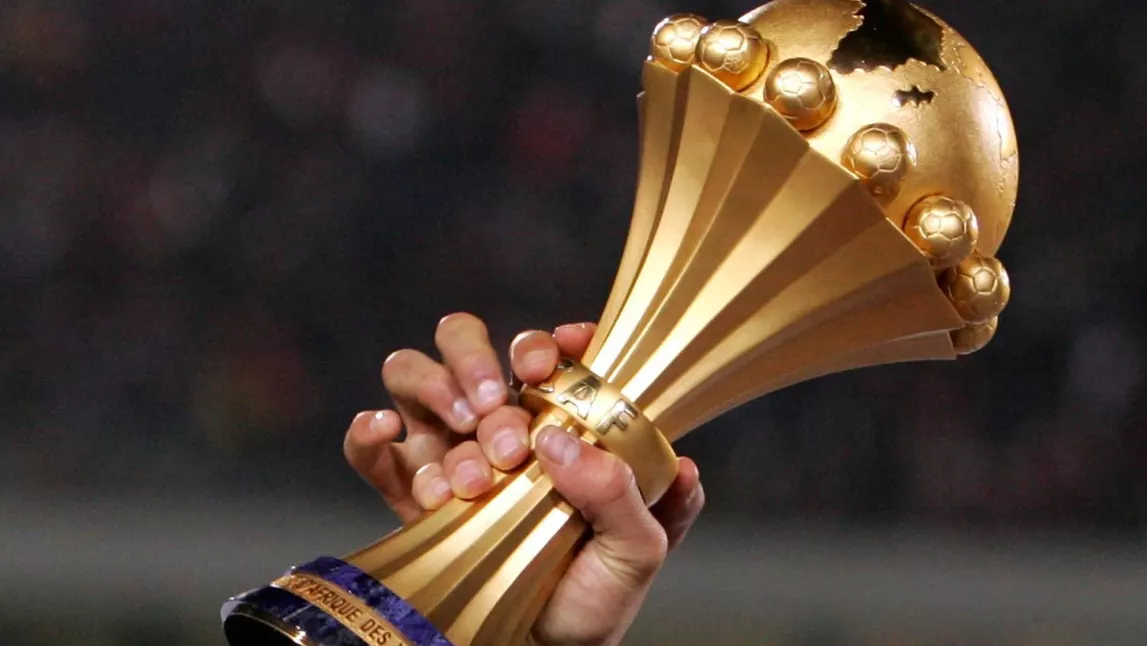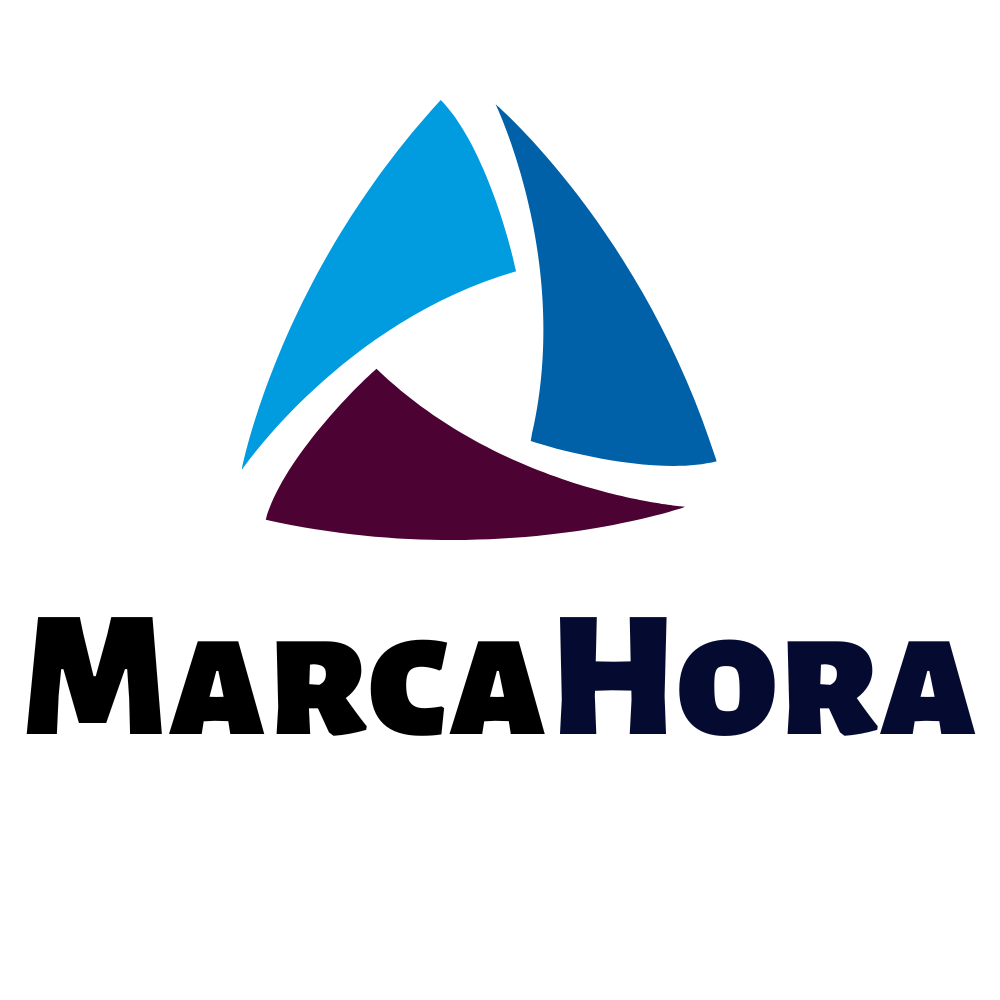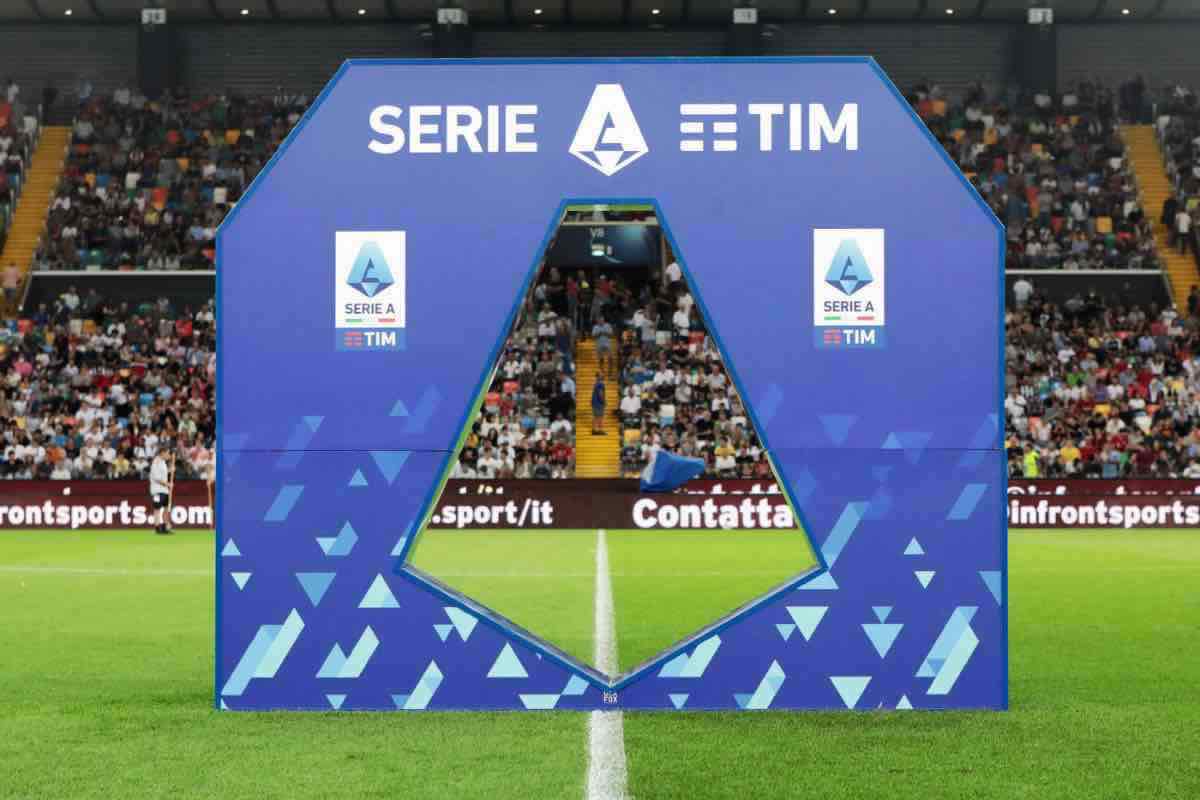Which Bundesliga stars will be in action at AFCON 2023 (Africa Cup of Nations)? – Khel Now

Africa Cup of Nations will be played from 13 January to 11 February 2024.
The 2023 AFCON (Africa Cup of Nations) will see a number of Bundesliga players miss out on club action for up to a month as they compete in the Ivory Coast to be crowned champions of Africa. Find out who’s been called up for their country and everything else you need to know about AFCON 2023.
What is AFCON?
The Africa Cup of Nations is Africa’s equivalent of the UEFA European Championship, played to determine the continent’s champions. Unlike its European counterpart, which is held every four years, the Confederation of African Football (CAF) organise their tournament every two years, first being played in 1957.
The record winners are Egypt with seven titles, while Senegal are the current holders after lifting the trophy for the first time by beating the Pharaohs on penalties in Cameroon two years ago.
When is AFCON being played?
As of 2019, the Africa Cup of Nations was moved from its traditional January/February slot to June/July and the northern hemisphere’s summer to avoid clashes with the European football calendar. However, CAF confirmed in July 2022 that the 2023 edition will revert to the northern hemisphere winter due to summer weather conditions in the Ivory Coast.
This year’s edition will therefore, while retaining the name 2023, be played from 13 January to 11 February 2024.
Where is AFCON being played?
Ivory Coast, often referred to by its official French name of Côte d’Ivoire, was originally awarded the rights to host the 2021 Cup of Nations back in 2014. However, a string of changes in 2018 and 2019 saw Ivory Coast’s rights pushed back one edition to 2023.
A total of six venues will be used across the West African country:
- Alassane Ouattara Stadium (60,000 – Abidjan)
- Stade de la Paix (40,000 – Bouaké)
- Felix Houphouet Boigny Stadium (33,000 – Abidjan)
- Amadou Gon Coulibaly Stadium (20,000 – Korhogo)
- Laurent Pokou Stadium (20,000 – San-Pédro)
- Charles Konan Banny Stadium (20,000 – Yamoussoukro)
Trending World Football Articles:
Which countries will compete?
A total of 54 teams originally entered qualifying to get to the finals. The 24 qualified nations were then drawn into six groups of four as follows:
Group A
Ivory Coast, Nigeria, Equatorial Guinea, Guinea-Bissau
Group B
Egypt, Ghana, Cape Verde, Mozambique
Group C
Senegal, Cameroon, Guinea, Gambia
Group D
Algeria, Burkina Faso, Mauritania, Angola
Group E
Tunisia, Mali, South Africa, Namibia
Group F
Morocco, DR Congo, Zambia, Tanzania
Hosts Ivory Coast open the tournament against Guinea-Bissau on 13 January at Abidjan’s Ouattara stadium. The six group winners and runners-up will advance to the knockout stage, with the four best third-placed teams making it 16 nations to progress. The final will be held again at Ouattara on 11 February.
Which Bundesliga players will be in action?
Given the timing of this year’s tournament, players called up to represent their country could miss up to five (or six for Bayern Munich and Union Berlin players) Bundesliga fixtures, with the German top flight set to return from its winter break on 12 January. Bayer Leverkusen are the most impacted with four call-ups.
Players for Bundesliga 2 clubs could miss up to four rounds of league fixtures, with action resuming in the second tier from 19 January.
Leverkusen and VfB Stuttgart also have a DFB Cup quarter-final encounter on 6 February.
The following players have been named in the final squad for their country:
Ivory Coast
Odilon Kossounou (Bayer Leverkusen), Sebastién Haller (Borussia Dortmund)
Nigeria
Victor Boniface (Bayer Leverkusen)
Egypt
Omar Marmoush (Eintracht Frankfurt)
Ghana
Ransford-Yeboah Königsdörffer (Hamburg)
Guinea
Naby Keïta (Werder Bremen), Ilaix Moriba (RB Leipzig), Serhou Guirassy (VfB Stuttgart)
Algeria
Ramy Bensebaini (Borussia Dortmund), Farès Chaïbi (Eintracht Frankfurt)
Burkina Faso
Edmond Tapsoba (Bayer Leverkusen)
Tunisia
Oussama Haddadi (Greuther Fürth), Aïssa Laïdouni (Union Berlin), Ellyes Skhiri (Eintracht Frankfurt)
Mali
Amadou Haidara (RB Leipzig), Diadie Samassékou (Hoffenheim)
Morocco
Noussair Mazraoui (Bayern Munich), Amine Adli (Bayer Leverkusen)
DR Congo
Silas Mvumpa (VfB Stuttgart)
For more updates, follow Khel Now on Facebook, Twitter, and Instagram; download the Khel Now Android App or IOS App and join our community on Telegram.




